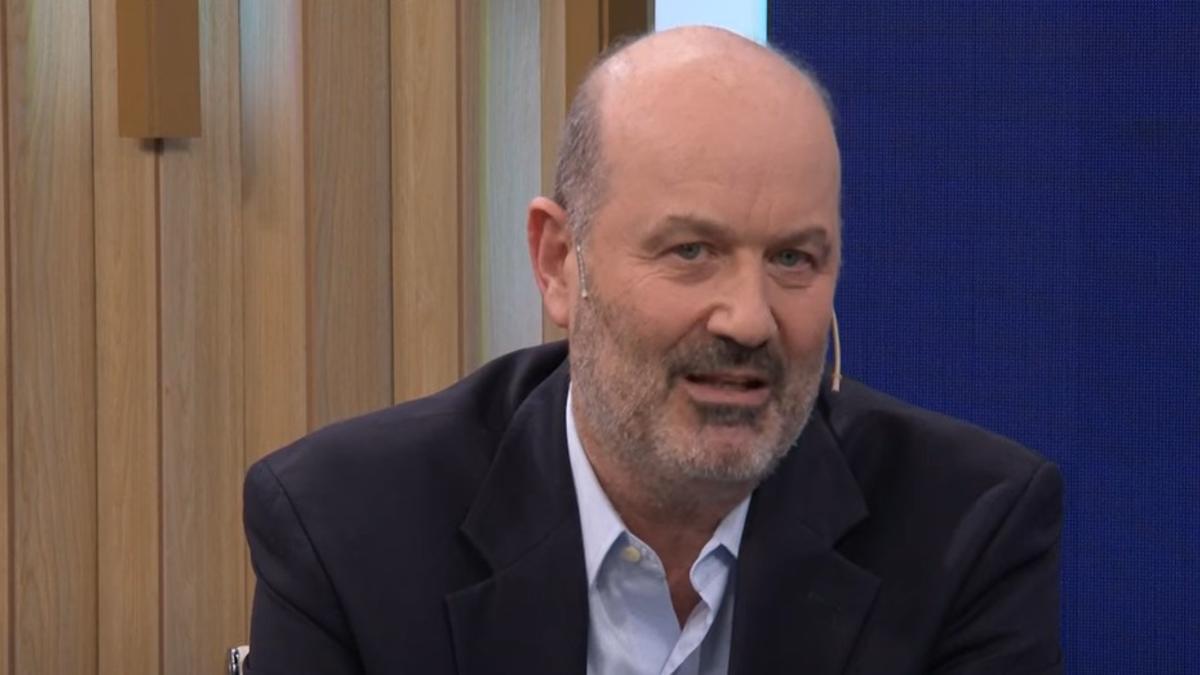
The Minister of Deregulation and State Transformation, responsible for the Mega-exchange of 2001 and the mega-indebtedness with Macri, Federico Sturzenegger, stated this Sunday that this week the chapter of the labor reform of the Ley Bases will be regulated. Sturzenegger stressed that for the national administration it is urgent to modify the compensation system and argued that: “Labor relations in Argentina have a very heavy burden” for companies that the Government will try to lower. He explained that they want to expand the construction model where workers must dedicate part of their salaries to a fund to pay compensation. In addition to being a perverse system, it is the one that allowed more than half of the layoffs in the private sector under the Milei presidency to be in the construction sector.
The labour reform includes the extension of the probationary period, the elimination of fines for not registering workers, facilitating outsourcing and precarious labour, legalising dismissals for actions related to strikes and discrimination, as well as the change in the compensation regime mentioned by Sturzenegger. The regulations will eliminate fundamental rights that had been won by workers during decades of struggle.
The CGT bureaucracy was absent from almost all the mobilizations that tried to prevent this regression in labor rights. Only a section of the leadership appeared during the debate in the Senate, leaving early, giving way to the brutal repression of Patricia Bullrich for which two people are still detained. The role of the CTA, despite the speeches, was not very different.
Héctor Daer, Pablo Moyano and Carlos Acuña have an open dialogue on good terms with the Government and the businessmen to manage the application of the reform. This is why in the interview on TN (Todo Noticias) Sturzenegger allowed himself the luxury of saying that they do not face opposition from any union. Who do these general secretaries really represent? The organization to recover the unions and put them in function of defending the rights of the workers is as urgent as it is for the Government to make layoffs cheaper.
The chapter of the law that Sturzenegger said would come into effect soon was approved thanks to the collaboration in Congress of the PRO, the UCR, Pichetto’s bloc, Innovación Federal, the Civic Coalition and sectors of Peronism. In the House of Representatives, the Tucuman ex-Unión por la Patria voted with the Government, marking the path that other Peronists would follow. In the Senate, the corruption scandal broke out with the case of Lucila Crexell, who gave the missing vote in exchange for a position at UNESCO. The Peronist senators Edgardo Kueider and Carlos Mauricio Espínola, elected by Unión por la Patria, also added two indispensable votes. The senators from Santa Cruz Carambia and Gadano called attention due to their absence to facilitate voting on some of the points in particular.
Regulation depends on the executive branch, but between papers and facts lies the balance of forces. The fight against the reform during its vote was only the beginning; the confrontation against its consequences in each workplace can open up new possibilities to prevent it from being put into practice. From there, an organization from the bases can emerge to put an end to the leaders who play in favor of the Government and the employers, and by recovering unions, build a plan of struggle that allows reversing the attack against the workers.
Source: www.laizquierdadiario.com

